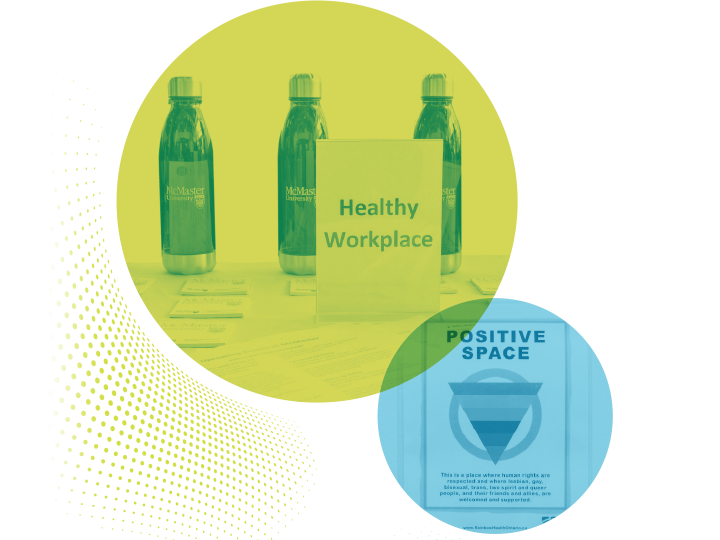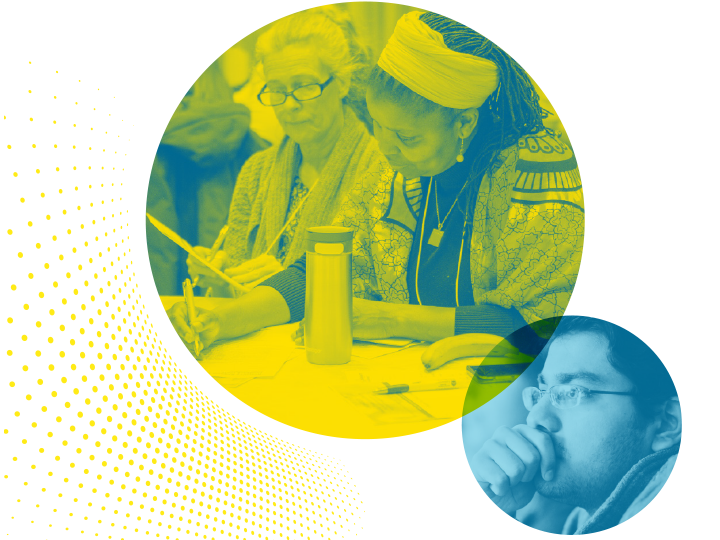HR Strategic Pillars

Championing University People and Culture
We champion sustainable people and culture strategies, in support of an inclusive, psychologically healthy & safe work culture and employee experience

Expandable List
| Key Objectives | Priority Activities | Key Success Measures |
|---|---|---|
| Align HR (People and Culture) initiatives with university strategy, arising internal priorities and critical external trends |
|
|
| Champion an inclusive, psychologically healthy and safe work culture of belonging in alignment with leading global practice |
|
|
| Ensure people and culture sustainability through fiscal responsibility |
|
|

Collaborating with Our University and Community Partners
We ensure ongoing communication and consultation through inclusive and collaborative partnerships, forums, and community engagements to help inform HR initiatives and enhancements

Expandable List
| Key Objectives | Priority Activities | Key Success Measures |
|---|---|---|
| Maintain focus on understanding the diverse and arising HR needs across our community |
|
|
| Promote alignment and awareness of HR policies, programs, processes, and initiatives |
|
|
| Build HR presence and reputation through trusted community partnerships |
|
|

Advancing Service Delivery and Operational Excellence
We are committed to continuously reviewing and progressing our policies, programs, processes, and professional HR services as we strive for operational excellence and seamless delivery.

Expandable List
| Key Objectives | Priority Activities | Key Success Measures |
|---|---|---|
| Explore and leverage technology to advance HR services and efficiency |
|
|
| Use evidence-based data approaches to inform HR planning and design |
|
|
| Enable innovation and continuous improvement |
|
|
| Communicate the HR Operating model, define service levels and update as required |
|
|

Promoting Learning, Development and a Growth Mindset
We promote a community of continuous learning and belonging where our employees contribute their strengths and expertise, can be their authentic selves, have the opportunity to grow personally and professionally, and be celebrated for their accomplishments.

Expandable List
| Key Objectives | Priority Activities | Key Success Measures |
|---|---|---|
| Provide innovative and inclusive employee development opportunities for each phase of their career journey |
|
|
| Advance leadership capability and capacity |
|
|
| Promote a culture of belonging and recognition |
|
|
| Continue to grow HR team expertise and engagement |
|
|

